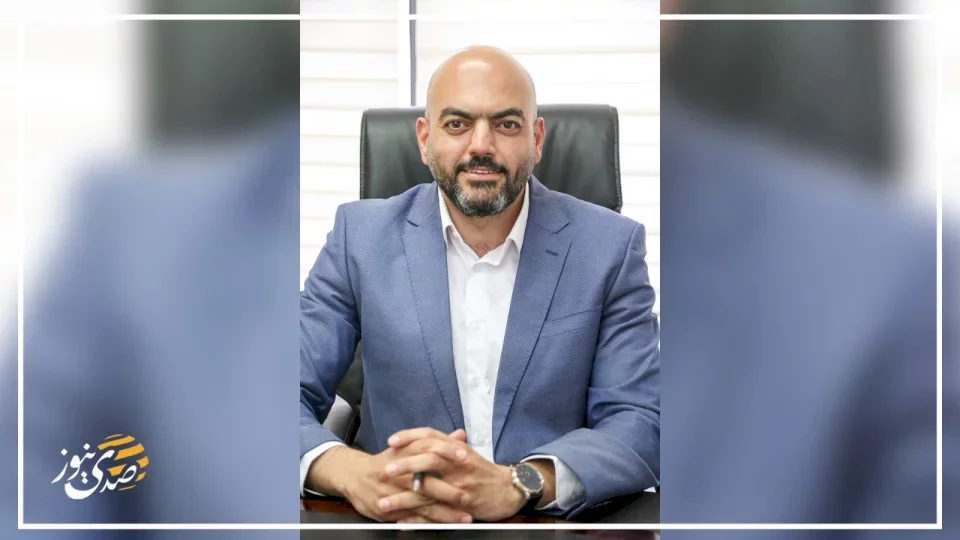
Ziad has died... and the struggler remains without a melody
From the first time I heard the name Ziad Rahbani, I was a boy trying to understand life through the glass of the radio, and the song "I am not an infidel" was screaming at me, opening a door in my mind that would not close. Ziad's voice was not familiar; he was not a traditional singer, nor was he merely a transient writer or composer. He was an intellectual, psychological, and social phenomenon, a voice for those who have no voice, and a cracked mirror reflecting us—with our weakness, defeats, and sarcasm toward everything.
Since that moment, my journey with Ziad began; I did not just listen to him. I searched for every play, every recording, every interview. "What about tomorrow?", "A long American film", "The descent of joy" were my stations for discovering the other Lebanon, the Lebanon of the people, not the Lebanon of authority and partisan cards. I discovered through them that art can be more than beauty... it can be beautiful pain.
Did Ziad leave? No, he simply withdrew from the light as he always did. A man who loves shadows and does not trust cameras much. However, it cannot be denied that Lebanon, along with us, has lost a great shadow.
Ziad was not just the son of Fairouz and Assi, even though this upbringing gave him an exceptional artistic foundation. He rebelled even against that sanctity, turning his mother from an icon of purity into a woman singing "What is this love you are showing me?" and "Stop blowing smoke in my face." He broke the mold, pulling Fairouz from her ivory tower and placing her in a home overflowing with smoke, cigarettes, coffee, and sighs... a home of the people.
Ziad loved the poor, not as a matter of slogans, but from a place of resemblance. He was not poor in the economic sense, but poor in trust, esteem, and love, just like the "struggler" in every Arab street. He gave the poor laughter, he gave them theater, he gave them Joseph Sakr, that broken voice like a worn-out oud, yet so sincere that you would believe him even if he told you that the sky is green.
Artistically, Ziad is not just a composer. He is a system of thought. He did not reproduce the Rahbani style; he created a unique current capable of mixing jazz, political theater, monologue, and critical stance, all with a Beirut accent that doesn’t care much about what is said about it. In "The descent of joy", he made us laugh and cry at the same time when he turned the revolution into a choice between "a song" or "death". In "A long American film", he saw Lebanon from above, from a place where politicians cannot see it.
And in love? I don't know an artist who transformed his personal relationships into sarcastic emotional bombs like Ziad did. The song "Thank you for your father" is not just an anthem for rejected men but a documentation of love's failure when mixed with oppression and class privileges. As for Carmen Labib, he conveyed to us a real chapter from his life's book, the song "It got very fired up" was the last warmth of that incomplete love.
Ziad was not a singer, nor was he just a composer or playwright. He was a system of truth, and that is why institutions, authorities, and even the audience could not bear him.
His criticism of politics was more merciful than his criticism of people. He did not despise the people; he feared for them. That is why he never excluded hope from his equations, even when he announced that he is "not an infidel", or when he told us, with all his fatigue, "I am coming with the poor people". He never promised us victory, but he promised us a mirror... and this is the truest thing an artist can offer.
Did Ziad leave? No, he withdrew from a scene that no longer resembled him, just as he withdrew from a song, a dialogue, a concert, from love. But he will remain here, in the alleys of the city's theater, in Joseph's voice, in our confusion as we listen to "How are you?".
As I write these words, I am not just mourning Ziad Rahbani, but mourning a phase within us, that which believed that theater could change the world, that a song could heal, and that truth alone is enough to keep a person alive.
Farewell, Ziad, you who taught us that sometimes silence speaks louder than applause, and that the "struggler" is not a social condition; it is us.
Farewell... and what kind of weeping is this that does not resemble your sarcastic laughter?

Huckabee's Statements Reveal the Falsehood of Trump's Peace and Reinforce Religious Confli...

Licensed Occupation by Law

Whoever Does Not Plant Hope, Plants Departure...

Between "Here is Jerusalem" and "Here is Gaza" ... The Voice of a Nation and the Steadfast...

While some count the boos, Palestinians count their martyrs.. Paradoxes of the internation...

When the Palestinian Issue is Reduced to Gaza Management

Legally Licensed Occupation

